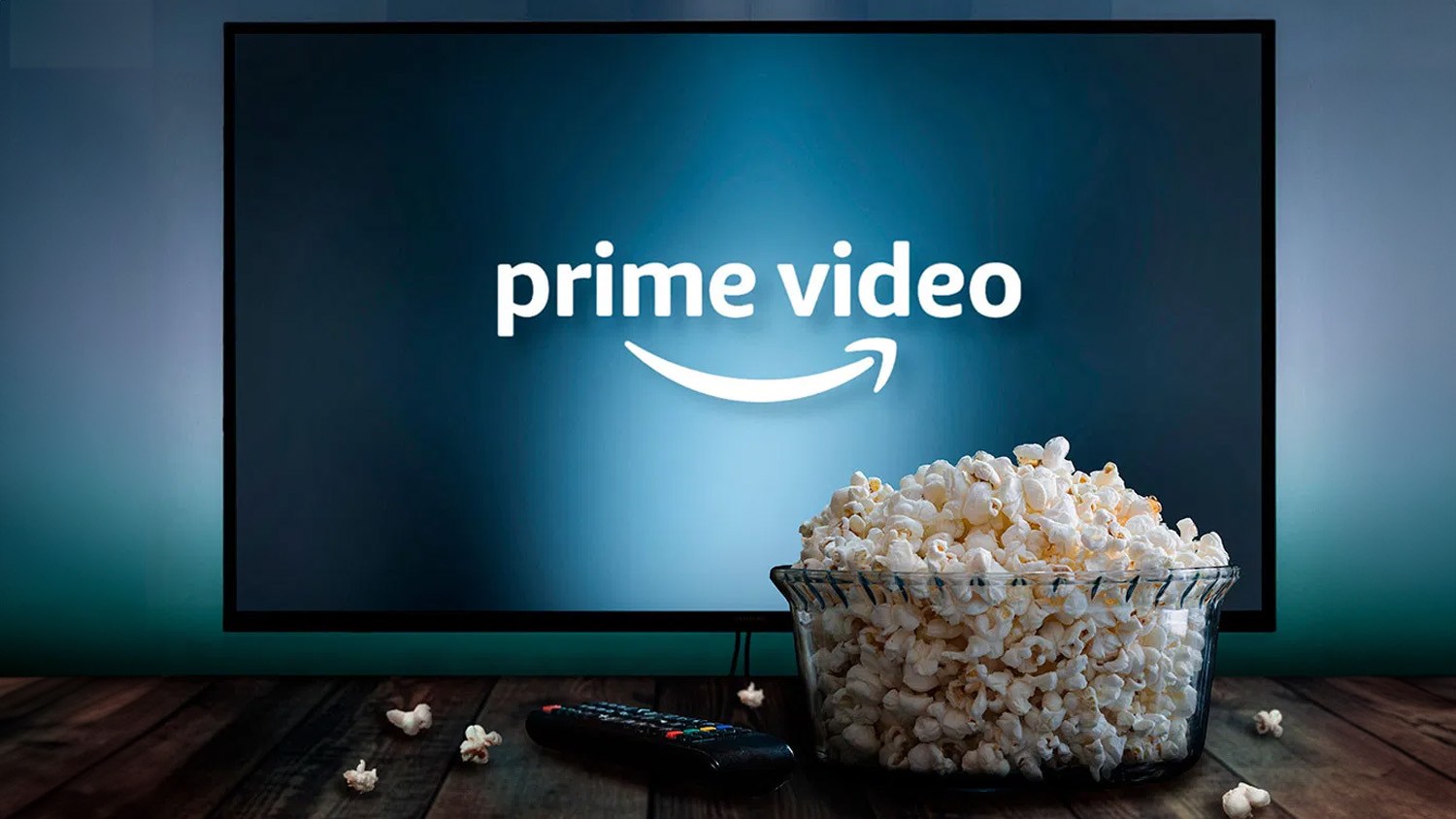RICHMOND, Va. (WRIC) — “So, once again, what are we making today?” asked cooking instructor Ellen Victoria Luckey.
“Pasta,” her class replied in unison.
It was a summer day and spaghetti made from scratch was on the menu at the kid’s cooking camp inside Victoria’s Kitchen.
“You want to grab your flour. Crack one egg at a time,” Luckey directs the students. The class was loving it as they created wells in their flour and carefully mixed in the egg.

Joy Reed’s 10-year-old daughter, Sophia, was among them. Reed said the socially-distant summer program in Richmond, Virginia, was an educational experience for Sophia.
“It taught Sophia a lot of life skills,” Reed said. Yet, she was worried about her daughter and school in the fall. With the coronavirus still a concern, Chesterfield County Schools, where Sophia is a student, decided to go 100% virtual.
“It was sort of a relief, except for the fact that I have to work and my husband has to work,” Reed said.
At that point, she had no idea how her daughter’s cooking school would become part of her family’s solution.

The struggle
Half of Virginia’s 132 school divisions opened remotely this fall, leaving many working parents like Reed in a panic.
Parents like Reed were left wondering, “Who would watch their child?” They worried about who would help them log on and make sure their child is keeping up with their online studies. They found themselves suddenly scrambling for child care.
“It is a stresser, I would have to say,” Reed said.
Few stay-at-home parents
According to the Pew Research Center, stay-at-home moms and dads account for about one-fifth of U.S. parents, meaning 80% of parents are employed either full time or part time.

As for the Richmond Metropolitan Area, researchers with Smartest Dollar, a review site for financial products and services, found Richmond had the third-largest share of households in the country without a parent to watch the kids. Nearly half of the households with children under 14 have no one home to help with virtual learning.
Cooking up an answer
That’s when Luckey cooked up a recipe to help a community in need.
“I thought about, ‘What would parents need?’ and how would it also help up on our end,” Luckey said. The mother, with three of her own elementary school students in remote learning, transformed her cooking school for kids into a socially-distant virtual student care center.
“We did our first Facebook post of the Virtual School Care Center and within about one hour there was so many Facebook messages and phone calls,” she said.
Each day at the care center, there are daily temperature checks for everyone entering and frequent hand washing.
“We are there to provide a safe environment — to make sure the kids have a good WiFi signal,” Luckey said. Students like Sophia, who had first attended cooking classes there, bring their own devices, sit six feet apart and get help logging on for their lessons. “Our goal is to do a monitoring service.”
Is it working?
There are some limitations to the solution right now, including space. Right now nly 10 students can join, and the service is not free. The Care Center costs $150 a week per student. Lunch and a snack are included.
Luckey says she will check in with parents weekly to track their student’s success.
But measuring effectiveness will be a challenge at this time. She says so much can be factored in like joblessness, sickness and unemployment benefits. There’s a thin line in when it comes to assessing success during a pandemic.
At the end of the school day when the students are done with their work, there’s time for fresh air and time for Luckey to get back to cooking.
The care center, perhaps, has the ingredients to help parents like Joy Reed navigate a new normal.
“We’re more than just a cooking school,” Luckey said. “We’re community.”
Partnering with the national non-profit Solutions Journalism Network, Nexstar stations nationwide are telling unique stories about how the pandemic has exposed inequities for students and the solutions some groups have found to bridge that gap.
A Live Chat on Education Equity: Transforming Business Models KXAN’s Josh Hinkle and WRIC’s Kerri O’Brien chat with Ellen Victoria Luckey, owner of Victoria’s Kitchen in Richmond, Virginia, a cooking school which shifted focus to help with area students’ learning needs when campuses closed during the pandemic.














